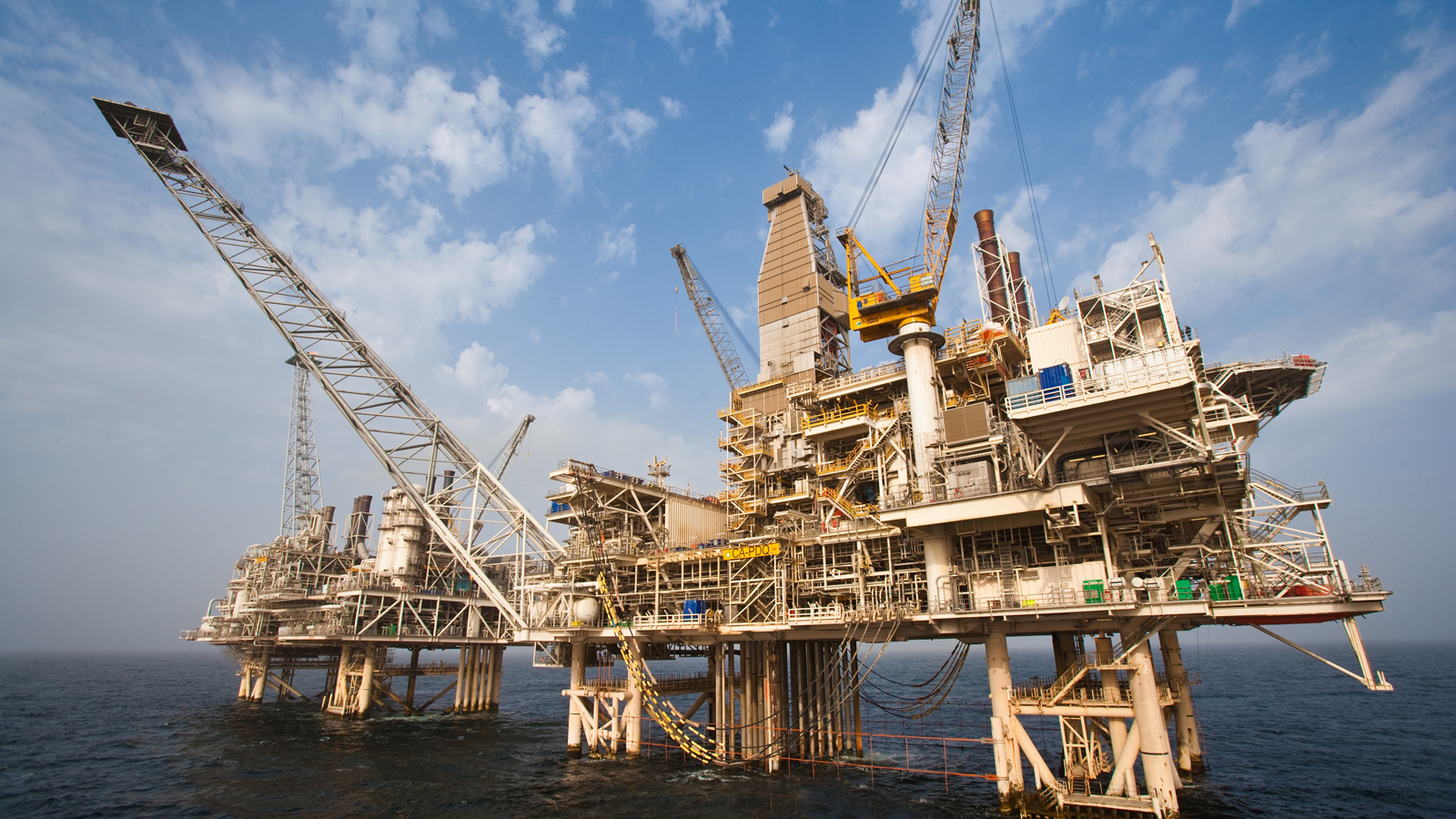Russia is ready to invest $50 billion in Iran’s oil and gas industry as the United States is looking to cut as much Iranian crude oil exports from the market as possible.
“Russia is ready to invest about $50 billion in Iran’s oil and gas spheres, and this figure is a high figure for investment making, and in this way they [Russian companies] can take the place of those European ones that left Iran,” Ali Akbar Velayati, Senior Adviser for International Affairs of the Iranian Supreme Leader, said during a meeting with Russian President Vladimir Putin in Moscow, according to reports by IRNA on July 12.
Velayati said that Russian energy giants Rosneft and Gazprom have started talks with Iran’s oil ministry to sign deals worth up to $10 billion. According to Velayati, trade between Iran and Russia increased by 36% in the first four months of 2018.
Iran has been in talks regarding investments with Russian companies Rosneft, Gazprom, Gazprom Neft, Lukoil, Tatneft and Zarubezhneft. In March, a consortium led by Zarubezhneft and the Iranian private oil and gas company Dana Energy signed an agreement with the National Iranian Oil Company (NIOC) to redevelop the Aban and West Paydar oilfields, worth around $740 million.
Russia’s Energy Minister Alexander Novak said on July 13 that a deal under which Russia would provide goods to Iran in exchange for oil “is still possible,” and that Moscow is now studying the associated legal issues.
Just one day earlier the U.S. Secretary of the Treasury Steven Mnuchin had warned that Washington would impose sanctions against Russia, China, and the European Union if they continue buying oil from Tehran, according to France24.
In May, after U.S. President Donald Trump announced the U.S.’ withdrawal from the 2015 Iran nuclear deal, called the Joint Comprehensive Plan of Action, Iran once again faced the threat of economic isolation. Washington threatened European companies doing business with Iran with sanctioning and called on its western allies to stop importing Iranian oil.
New American sanctions on Iranian oil exports are set to take effect in November, although U.S. officials have floated the possibility of offering some waivers.
However, the European Union fears that billions of dollars worth of trade could be jeopardized as a result of the new sanctions on Iran. The EU asked Washington to grant exemptions to European companies, however the U.S. government has rejected the appeal, saying exemptions would be made only if they benefited U.S. national security.
According to The New Yorker, Israel, Saudi Arabia and the United Arab Emirates suggested to Trump that the U.S. should offer to cancel the Ukraine-related sanctions it imposed on Russia four years ago in exchange for Russian action to remove Iranian forces from Syria.
Russia and Iran have mutually shown support for the Syrian government, by providing the Assad regime with financial and military support to boost the capacity of the Syrian military. In 2016, Iran allowed Russian planes to use its territory to bomb positions in Syria.







 Iran's senior military leaders described the drone and missile attack on Israel on April 14 night as “successful".
Iran's senior military leaders described the drone and missile attack on Israel on April 14 night as “successful".
 Azerbaijan officially unveiled the logo for the upcoming 29th session of the Conference of the Parties to the United Nations Framework Convention o...
Azerbaijan officially unveiled the logo for the upcoming 29th session of the Conference of the Parties to the United Nations Framework Convention o...
 Iranian President Ebrahim Raisi warned Israel that it would face a "real and extensive" response if it makes any "mistake" following Tehran’s missi...
Iranian President Ebrahim Raisi warned Israel that it would face a "real and extensive" response if it makes any "mistake" following Tehran’s missi...



